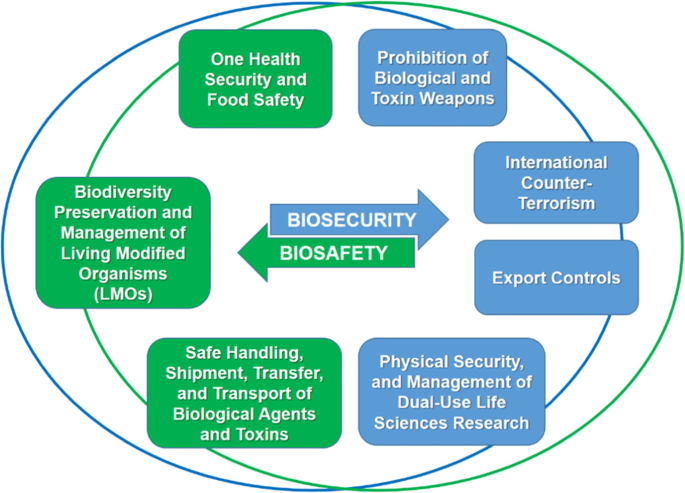Biodefense and homeland security have become top priorities for governments around the world in recent years. With the rise of bioterrorism threats and pandemics, the need for effective biodefense strategies has never been more critical. Biotechnology offers a wide range of tools and techniques to combat these threats, including the development of new vaccines, therapies, and diagnostic tools.
Biodefense refers to the measures taken to protect against biological threats, including those caused by natural or deliberate release of biological agents. Biotechnology plays a crucial role in biodefense by providing tools to detect, prevent, and respond to potential biological threats. Biotechnology has been instrumental in the development of vaccines, such as the anthrax vaccine, and diagnostic tools, like the Polymerase Chain Reaction (PCR) and ELISA tests.
One of the most significant contributions of biotechnology in biodefense has been in the development of new vaccines. Vaccines are critical tools in preventing the spread of infectious diseases and protecting against potential biological threats. Biotechnology has enabled the development of new vaccines that are more effective and have fewer side effects than traditional vaccines. For example, the new mRNA-based COVID-19 vaccines developed by Pfizer-BioNTech and Moderna are the result of years of research in biotechnology and have proven to be highly effective in preventing COVID-19 infections.
In addition to vaccines, biotechnology has also played a crucial role in the development of diagnostic tools for identifying and tracking potential biological threats. Polymerase Chain Reaction (PCR) and Enzyme-Linked Immunosorbent Assay (ELISA) are two commonly used diagnostic tools in biodefense. PCR is a technique used to amplify a small amount of DNA to detect the presence of specific pathogens. ELISA is a test used to detect the presence of antibodies in a patient’s blood. These diagnostic tools have enabled rapid and accurate identification of biological agents and helped public health officials respond quickly to outbreaks.
Biotechnology has also been used to develop therapies to treat infections caused by biological agents. For example, monoclonal antibodies, which are engineered antibodies that target specific pathogens, have been developed to treat Ebola, COVID-19, and other infectious diseases. In addition, gene therapy has shown promise in treating genetic disorders that may be used as a biological threat. By using biotechnology to develop new therapies, we can reduce the impact of bioterrorism and other biological threats.
Another significant contribution of biotechnology in biodefense is the development of new technologies to detect and prevent the spread of biological agents. For example, the CRISPR gene-editing technology has been used to develop rapid diagnostic tests that can detect the presence of specific pathogens. These tests can be performed quickly and accurately, allowing public health officials to respond more effectively to potential outbreaks.
In conclusion, biodefense and homeland security are critical areas where biotechnology has made significant contributions. Biotechnology offers a wide range of tools and techniques to combat biological threats, including the development of new vaccines, therapies, and diagnostic tools. By continuing to invest in biotechnology research, we can stay ahead of potential biological threats and protect public health and national security.


